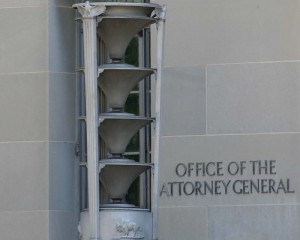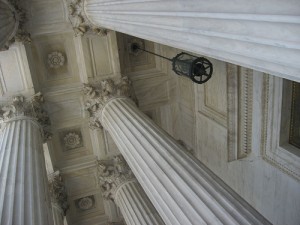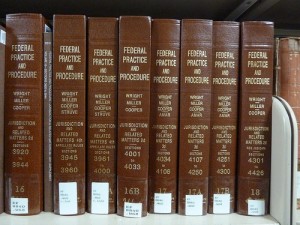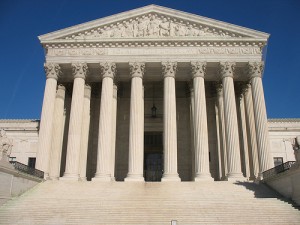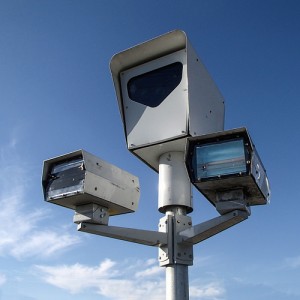Ninth Circuit: Ordinance Criminalizing Living in Car Is Unconstitutionally Vague
Posted
20 Jun 2014 in Case Notes
If you eat, talk on the phone, and escape the rain in your car, are you using the car "as living quarters either overnight, day-by-day, or otherwise?" What if you load up the car with personal belongings for a camping trip? Or drive an RV to go on vacation?
In the Ninth Circuit's view, a City of Los Angeles code provision designed to outlaw sleeping in a vehicle on City streets and parking lots may or may not criminalize all these activities and could lead to other selective enforcement—particularly against the homeless and poor. The court therefore ruled that the provision is unconstitutionally vague. The decision is Desertrain v. City of Los Angeles, No. 11-56957 (June 19, 2014).
Los Angeles Municipal Code Section 85.02 outlaws
What if you load up the car with personal belongings for a camping trip? Or drive an RV to go on vacation?
In the Ninth Circuit's view, a City of Los Angeles code provision designed to outlaw sleeping in a vehicle on City streets and parking lots may or may not criminalize all these activities and could lead to other selective enforcement—particularly against the homeless and poor. The court therefore ruled that the provision is unconstitutionally vague. The decision is Desertrain v. City of Los Angeles, No. 11-56957 (June 19, 2014).
Los Angeles Municipal Code Section 85.02 outlaws



